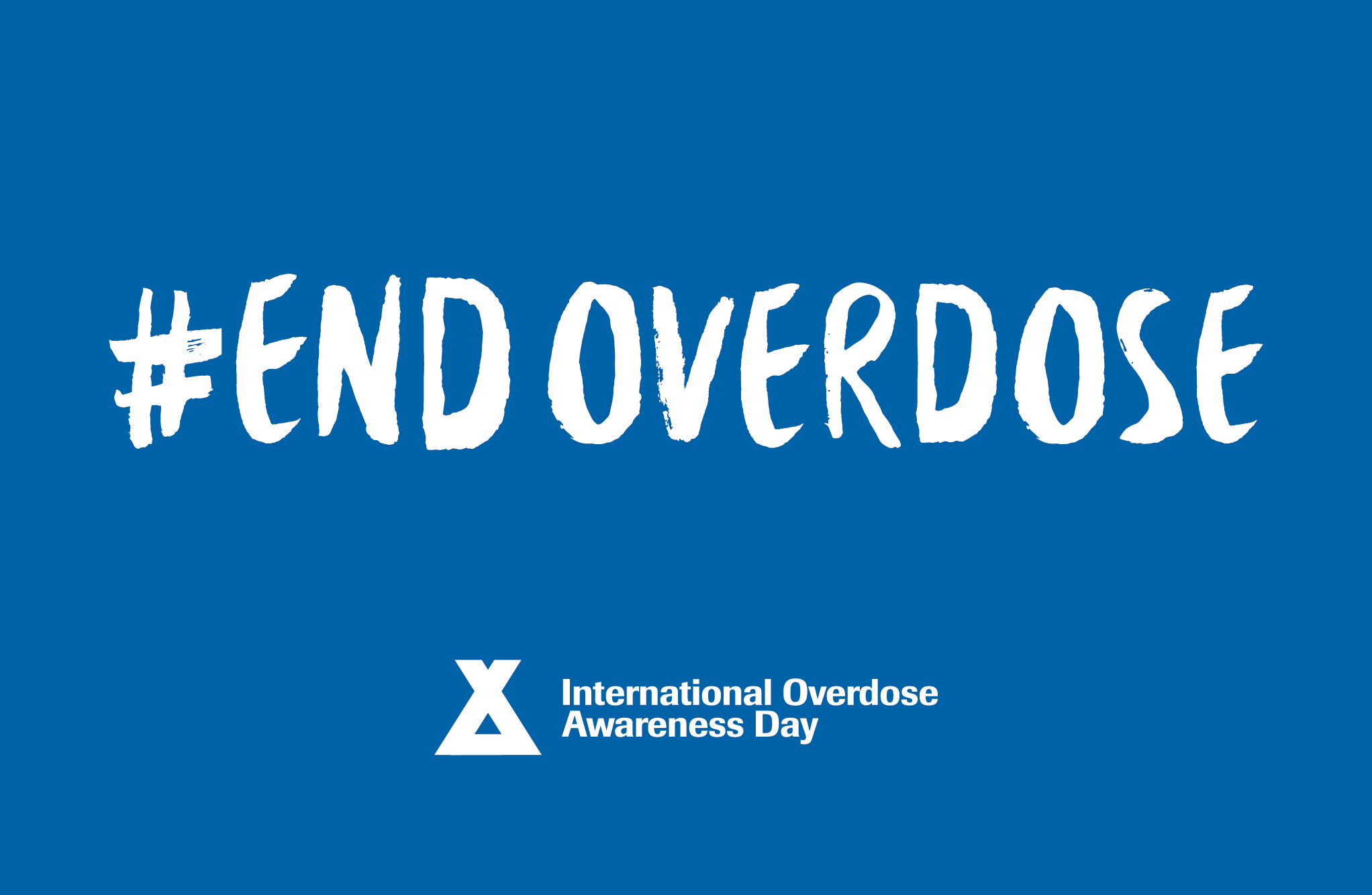International Overdose Awareness Day is August 31

International Overdose Awareness Day, or IOAD, is Aug. 31, 2023, and marks a worldwide campaign to end drug overdose. This year’s campaign also recognizes families and friends left behind by those who have died as a result of overdose.
“This year’s theme ‘Recognizing People Who Go Unseen’ is about acknowledging people in our communities who may not be seen because of their addiction,” said Prince William Community Services Behavioral Health and Wellness Supervisor Heather Martinsen. “Opioid use disorder can be very lonely. It can be very hidden, and people who struggle with addiction can also feel unseen because of the stigma that still shrouds substance use.”
Emergency responders and others in the community who encounter overdoses can be profoundly traumatized, as well.
“We should all thank the first responders for their service, but as the opioid epidemic continues, we have a whole other group of responders that haven’t been recognized – the parents, children, teachers, school nurses, friends and family who have to be ready to respond when someone overdoses. The loved ones and those survivors and bystanders are other people who are unseen in this crisis,” Martinsen said.
Purple is the official color of IOAD, and Martinsen said wearing purple is one thing people can do to show support.
“We would love for people to take pictures of themselves and their friends wearing purple and send them to [email protected]. That way we can show others who may be struggling with addiction that there are people who are supporting them,” Martinsen said.
Prince William County Community Services and the Prevention Coalition of Greater Prince William will be co-sponsoring several events on Aug. 31 and staffing tables to distribute handouts with resources for substance use disorder, mental health, suicide prevention and overdose awareness. Those events include:
- 12 p.m. (Noon) – Virtual REVIVE! training on how to use naloxone to reverse an opioid overdose
- 8 a.m. to 1p.m. – Manassas Farmers Market at the at Harris Pavilion in downtown Manassas
- 3-7 p.m. – Prince William Farmers Market located at the County Complex Stadium
- 6:30-8:30 p.m. – International Overdose Awareness Day event at the Harris Pavilion
Attending community members will have the opportunity to learn about various community programs and services available and understand how to access naloxone, the opioid overdose reversal drug.
“The events are open and free to anyone who would just like to come, learn more, share their remembrances, if they have someone they’ve lost,” Martinsen said.
REVIVE! training is not limited, however, to the events scheduled for IOAD, Martinsen said. “Throughout the year, we encourage people to take our REVIVE! training to really become comfortable and knowledgeable about how to respond to an opioid overdose. Being prepared is one of the things we ask people to do every day,”
Visit Community Service events to learn more about scheduled REVIVE! training classes where attendees will learn how to recognize the signs and symptoms of an opioid overdose, how to administer naloxone nasal spray to potentially reverse the effects of an opioid overdose, what to do and what not to do during an overdose, and other knowledge needed to fully respond to an opioid overdose emergency.
In addition, Community Services offers trainings throughout the year on how to have uncomfortable conversations and basics of what to look for if someone is struggling with addiction.
“Sometimes we need those resources first and then we have to develop those skills where we feel empowered enough to have conversations and resources to offer help to people,” Martinsen said.
While Aug. 31 is recognized as IOAD, the work to prevent and treat overdose happens every day and across county agencies. When it opens, the Prince William County Crisis Receiving Center will serve people in crisis 24 hours a day to provide help and access to care.
“Many people don’t know this, but different agencies in the county work every day on overdose awareness and prevention,” Martinsen said. “We’ve had people from many county agencies go through our Naloxone training. We have partnerships with police, fire and rescue to give overdose response kits to people in the community that may need them. We have a variety of services for residents such as same-day access, emergency services, prevention and wellness. So, our new Crisis Receiving Center will provide another entry and access point for people to come see us for services. It will broaden our accessibility and services for people.”
More information about IOAD can be found at overdoseday.com. More information about programs, services and trainings offered by Community Services can be found at pwcva.gov/cs.
